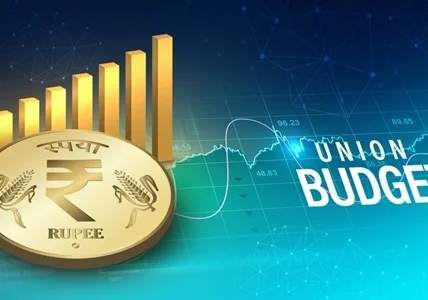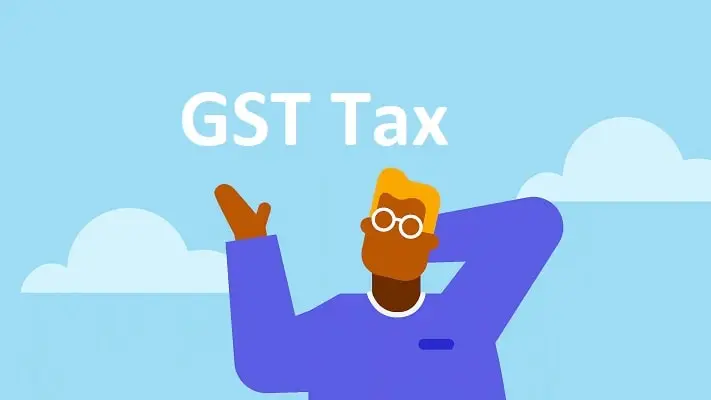Everyone needs a computer to work on. It doesn’t matter if you are an employee, student, business owner or commoner. You need to have a computer to do your work. It is not optional in the era that we live in. Talking about computers, you will also see a new trend. Desktops have lost popularity, and people now prefer buying a laptop that offers them agility and mobility. When the GST was implemented in India, it also had a certain impact on computers. Everything came into the framework of the GST, and hence it had a positive or a negative impact.
Today, we will talk about the impact of GST on computers and how the new tax regime has impacted the price of computers in India. We will also explain the taxation system in more detail to understand how it has impacted everyone in the supply chain. So, without waiting any further, let us check out the impact of GST on computers in India.
Impact of GST on Computers in India
- Tax Rate – When the GST was implemented, the tax rate on the computers was 15%. However, during the last year’s review, the GST was raised from 15% to 18%. So, over time, computers in India have become more expensive. The 3% hike applies to desktops, laptops and even peripheral devices like pen drives, keyboards, hard drives, screens and everything else. Even during the era of VAT, the net tax on computers and peripherals was 15%.
- Higher Tax Rate – We just mentioned that the laptop tax rate is 18%; however, there is an exception here. If you buy a screen bigger than 32 inches, the GST would be 28%. In such a case, the screen or the laptop would be even more expensive. Assuming you buy a laptop that costs RS 1 Lakh before GST, the cost after the tax would be Rs 1.28 Lakh. That is a difference of Rs 28,000. Considering the old tax regime, the final price of the laptop would have been Rs 1.15 Lakh. So, GST made it expensive by Rs 13,000.
- Affordability – The GST has certainly impacted the affordability of computers. This has made computers more expensive, and it has impacted the budget of the middle-class man. Typically, the lifecycle of the laptop is between 3 and 5 years. This means that the commoner is made to spend more whenever he wants to buy or upgrade to a better computer.
- Manufacturer – Out of all this, the manufacturers have had a certain advantage. They can now claim the input tax credit for the laptops or the computers they are manufacturing. This has helped manufacturers in having more capital available at their disposal.
Problem with GST on Computers
With the information shared above, you would have realized that the GST was recently increased on computers in India, which is certainly not a positive impact. The problem with the increase in the GST on computers is that it could lead to invoicing, or people may even avoid getting a bill to evade taxes and save money. Some retailers can activate the warranty without offering a bill to the client, which will translate into tax leakage for the government. Many of these consumers are ready to pay extra to the dealer to save themselves from the GST.
Final Take
Laptops and computers are essential items; having them under an 18% slab is unfair. The tax rate is very high, and it is certainly hampering the growth of the Indian economy. Freelancers and digital creators are huge consumers of computers, and they need high-end machinery to maintain a competitive advantage. Taxing the computers higher is not a good idea, and it can eventually lead to losses for the government. GST has undoubtedly increased the number of taxes on the invoice, and One Nation One Tax has contributed to it.
Another problem that we see is that even the computer peripherals are taxed in the 18% bracket, which is again too steep. We strongly feel that the GST on the laptops should be restricted to 12%. This will empower people to work on better machines and be more productive. We live in a digital era, and computers should be considered a basic necessity.















